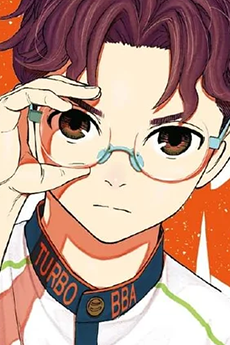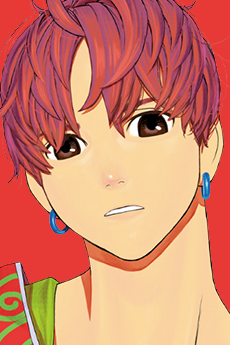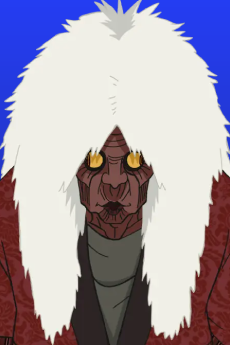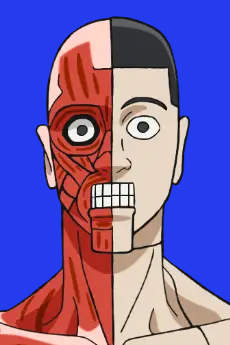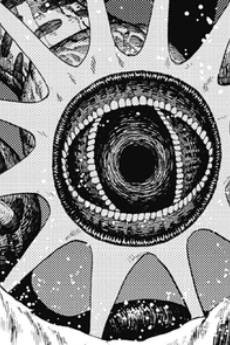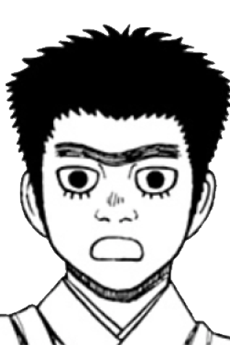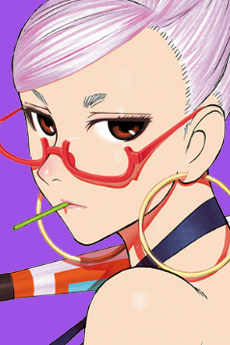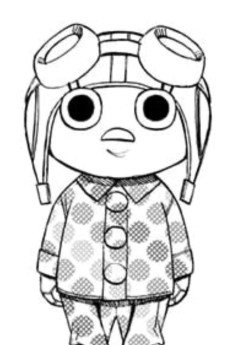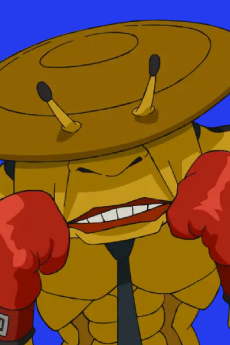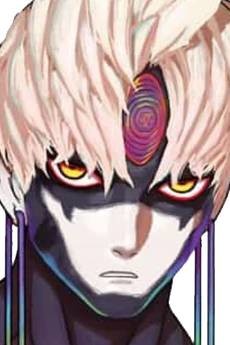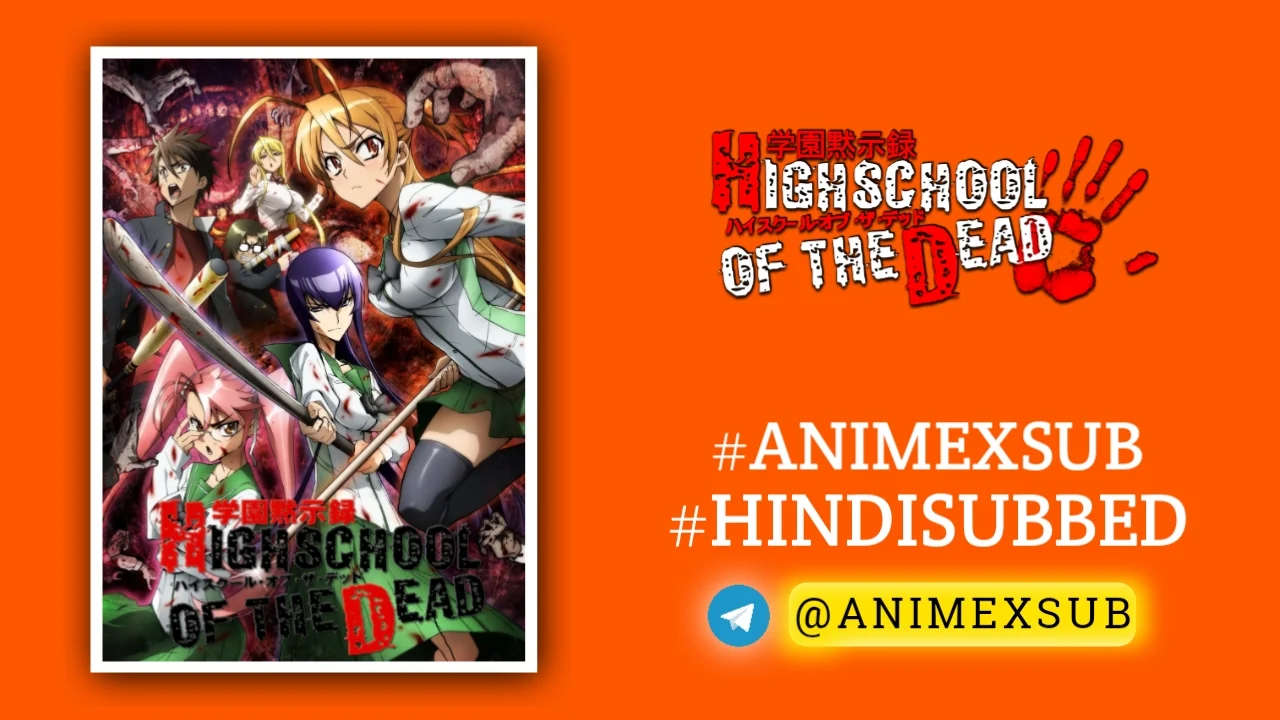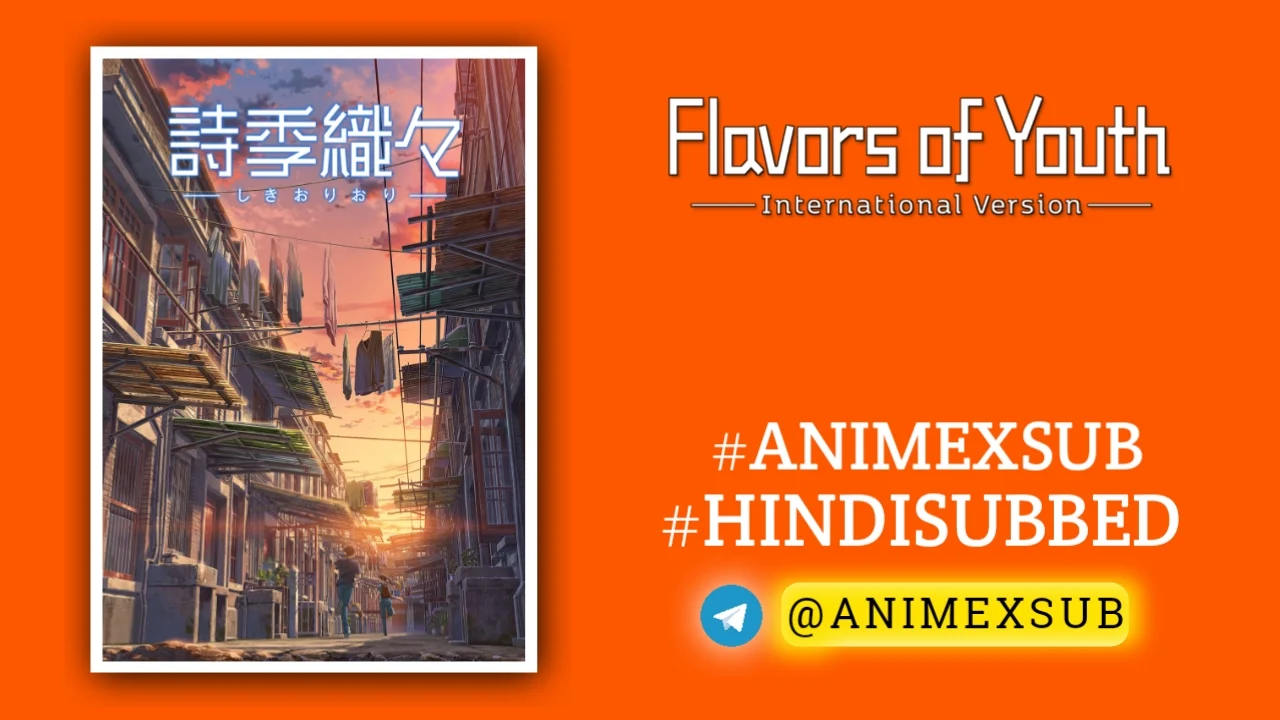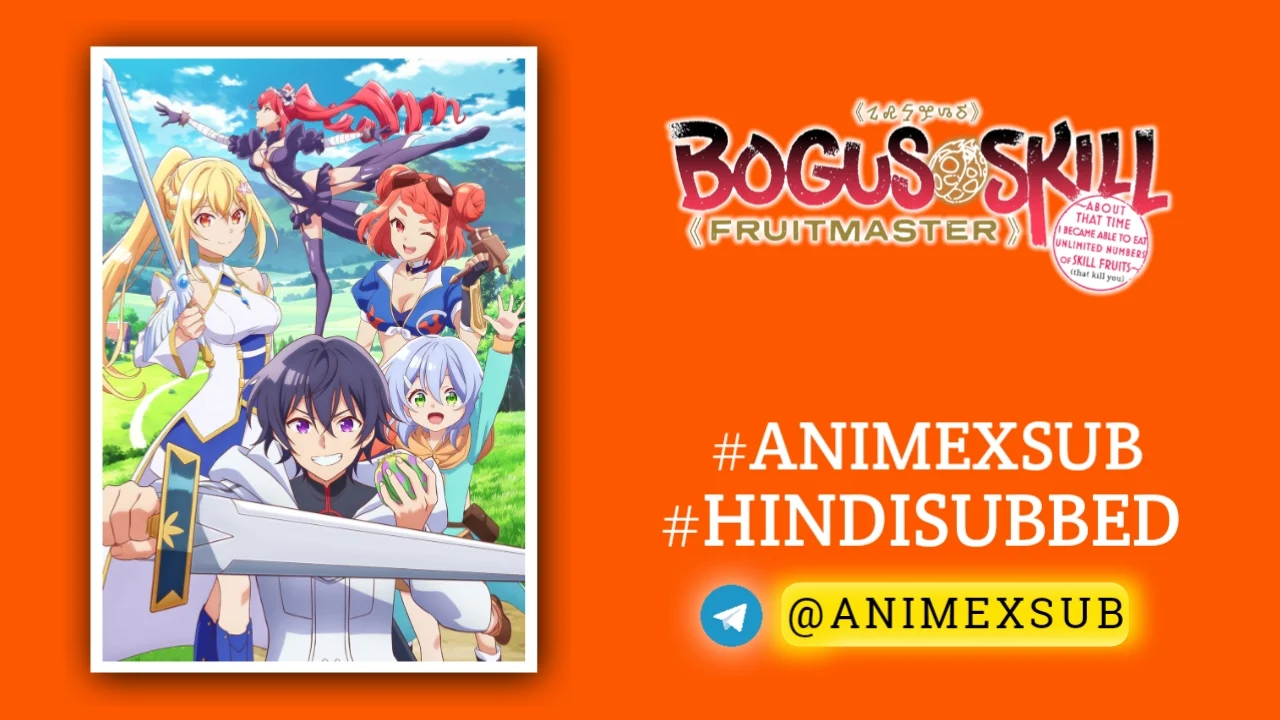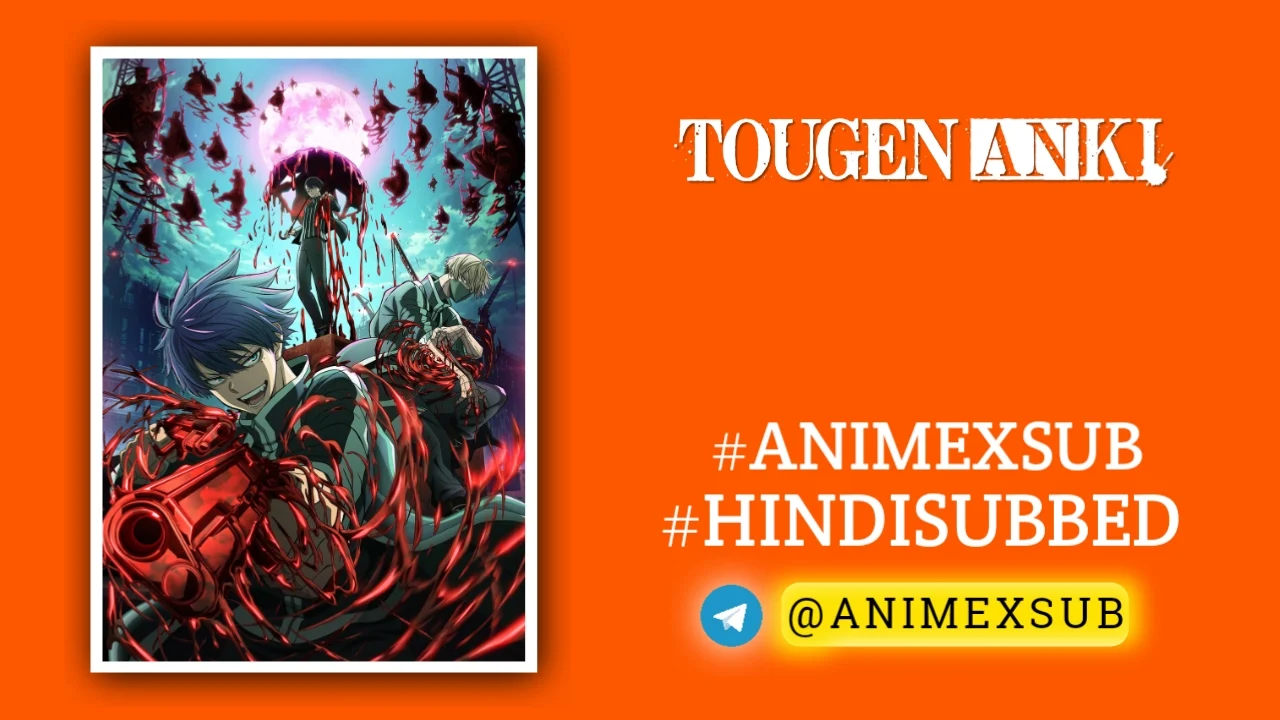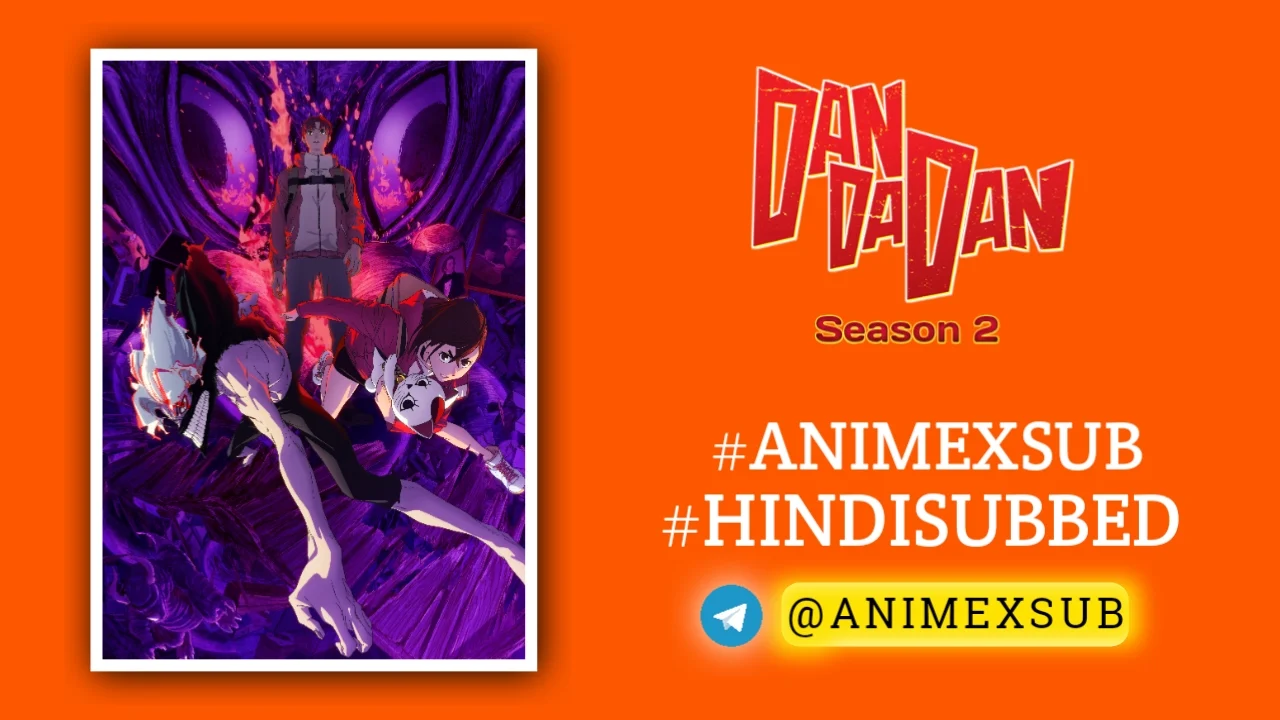
DanDaDan Season 2 Hindi Subbed [06/12] | Dan Da Dan 2nd Season Hindi Sub!!

Dandadan 2nd Season
DAN DA DAN Season 2Synopsis
The second season of Dandadan. Okarun and Jiji have made a strange discovery, while Momo finds herself under attack! What mysterious encounters await them next?! (Source: Netflix Anime Twitter) Notes: - Worldwide premiere of Episodes 1-3 titled as DAN DA DAN: EVIL EYE before the Japanese premiere was pre-screened in advance in theaters on June 6, 2025 in North America by GKIDS Films and June 7 and 8 in Europe by Piece of Magic Entertainment and Animation Digital Network.
Watch Trailer
Characters
Dandadan Season 2: A Genre-Defying Odyssey That Redefines Anime Excellence
Dandadan Season 2, which premiered on July 3, 2025, has not only lived up to the towering expectations set by its debut season but has catapulted the series into a realm of its own, redefining what anime can achieve when it dares to be unapologetically bold. This sophomore season, animated by the visionary Science SARU, takes the chaotic blend of supernatural horror, sci-fi absurdity, and heartfelt character drama introduced in Season 1 and transforms it into a narrative juggernaut that feels both intimately human and cosmically unhinged. Below, we dive into why Dandadan Season 2 is a masterclass in storytelling, animation, and thematic depth, offering a fresh perspective on its unique strengths and its place in the modern anime landscape.
A Seamless Yet Explosive Continuation
Picking up immediately after the cliffhanger-laden finale of Season 1, Dandadan Season 2 wastes no time plunging viewers back into the “Cursed House Arc,” where Momo Ayase, Ken “Okarun” Takakura, and their new ally Jiji confront the haunting mysteries of Daija town. The season opens with “Like, This is the Legend of the Giant Snake,” an episode that sets the tone with a dizzying mix of high-octane action, grotesque horror, and biting comedy. Unlike many sequels that struggle to recapture the magic of their predecessors, Season 2 builds on the foundation of Season 1 by amplifying its stakes, deepening its character dynamics, and embracing its signature chaotic pacing as a storytelling strength.
The immediate dive into the action—without a lengthy recap or reintroduction—creates a double-edged sword. For some, the breakneck pace might feel disorienting after a six-month hiatus, as the narrative assumes familiarity with the first season’s events. However, this choice also immerses viewers in real-time alongside the protagonists, making every revelation and battle feel visceral and urgent. The pacing, often criticized in Season 1 for its relentless cliffhangers, is refined here into a deliberate narrative device that mirrors the unpredictability of the characters’ world. Science SARU’s decision to lean into this chaos transforms what could have been a flaw into a defining feature, making each episode a pulse-pounding experience that leaves viewers craving more.
Animation and Sound: A Sensory Feast
Science SARU’s animation in Dandadan Season 2 is nothing short of a visual revolution. The studio, known for its work on Devilman Crybaby and Keep Your Hands Off Eizouken!, continues to push the boundaries of the medium with a choppy-yet-fluid style that blends vibrant colors, surreal imagery, and meticulous attention to detail. The creature designs—ranging from grotesque yokai to otherworldly aliens—are both terrifying and imaginative, with each new antagonist feeling distinct yet rooted in the series’ mythology. The “Cursed House Arc” introduces nightmarish entities like the giant snake and vengeful spirits, rendered with a level of detail that makes them simultaneously repulsive and mesmerizing.
The opening theme, “Kakumei Dōchū” by Aina the End, is a genre-shifting anthem that matches the show’s tonal unpredictability, transitioning from high-energy rock to haunting melodies in a way that mirrors Dandadan’s narrative fluidity. The ending theme, “Doukashiteru” by WurtS, complements this with a lighthearted pop-rock vibe, offering a breather after the episodes’ intense conclusions. Kensuke Ushio’s score remains a standout, weaving subtle, atmospheric tracks with adrenaline-pumping battle themes. Moments like the quiet tension of a dinner scene in Episode 5, where a single drop of cold soy sauce threatens to unleash chaos, are elevated by the soundtrack’s ability to amplify both the absurd and the profound.
Character Dynamics: The Heart of the Chaos
At its core, Dandadan is a story about relationships, and Season 2 doubles down on the emotional depth of its ensemble cast. Momo and Okarun’s evolving bond—equal parts awkward romance, mutual respect, and unwavering loyalty—remains the soul of the series. Their chemistry, built on playful banter and shared trauma, feels authentic in a way that sets Dandadan apart from typical shonen romances. Okarun’s growth as a fighter, spurred by his feelings for Momo, and Momo’s gradual lowering of her emotional walls add layers to their dynamic without overshadowing the plot.
Jiji, introduced in Season 1 but given a larger role here, emerges as a standout character. His struggle with the Evil Eye, a curse that threatens to transform him into a “murder demon,” provides some of the season’s most gripping moments. Episode 5, in particular, showcases the series’ ability to blend horror and comedy through a seemingly mundane dinner scene that becomes a high-stakes battle to keep Jiji warm. The ensemble cast, including the foul-mouthed Turbo Granny and the quirky Aira, adds levity and heart, with each character’s eccentricities contributing to the group’s chaotic synergy. The show’s ability to balance these larger-than-life personalities with genuine emotional stakes is a testament to its writing.
Thematic Depth: Horror, Humor, and Humanity
Dandadan Season 2 doesn’t just entertain—it challenges viewers to confront uncomfortable truths. The series continues to grapple with sensitive themes, such as Momo’s encounters with predatory men, which sparked controversy in Season 1. Rather than shying away, Season 2 addresses these moments with a raw intensity that avoids exploitative fan service. Momo’s vulnerability in these scenes is portrayed with empathy, emphasizing her strength and agency as she navigates a world filled with both supernatural and human threats. This approach distinguishes Dandadan from other anime that might use such moments for cheap thrills, instead using them to explore themes of resilience and empowerment.
The series also delves into the interplay between the absurd and the profound. The “Cursed House Arc” uncovers dark secrets about Daija town and the Kito family, weaving a narrative that blends local folklore with cosmic horror. Yet, even amidst this darkness, Dandadan finds moments of levity and warmth, such as the gang’s awkward attempts to keep Jiji from transforming or Turbo Granny’s begrudging affection for her allies. This tonal balance—where a single episode can make you laugh, gasp, and tear up—sets Dandadan apart as a series that understands the complexity of human emotions.
Pushing Boundaries: The Cliffhanger Controversy
One of Dandadan’s most polarizing aspects is its use of cliffhangers, and Season 2 embraces this technique with fearless confidence. Each episode ends on a knife’s edge, whether it’s a battle reaching its peak or an emotional revelation left unresolved. While some viewers find this approach frustrating, it’s a deliberate choice that mirrors the unpredictable nature of the characters’ lives. Science SARU has turned the cliffhanger into an art form, using it to fuel anticipation and keep viewers hooked week after week. The frustration of these abrupt endings transforms into a unique kind of satisfaction, as fans know each episode will deliver something unexpected. This bold storytelling choice, while divisive, underscores Dandadan’s commitment to taking risks and defying convention.
Why Dandadan Season 2 Matters
In a year filled with heavy-hitting anime like Re:Zero Season 3 and Bleach: Thousand-Year Blood War, Dandadan Season 2 stands out as a cultural phenomenon that pushes the boundaries of the medium. Its ability to blend genres—horror, sci-fi, comedy, romance, and action—without losing its narrative coherence is a feat few series achieve. The show’s unapologetic weirdness, from possessed family jewels to soy sauce-induced panic, is tempered by a deep respect for its characters and their growth, making it resonate with both casual viewers and hardcore anime fans.
Moreover, Dandadan Season 2 is a testament to Science SARU’s ability to elevate source material into something transcendent. Yukinobu Tatsu’s manga, already a critical darling with over 10 million copies in circulation by March 2025, is brought to life with a vibrancy that feels like a love letter to the medium. The series’ success on platforms like Crunchyroll, Netflix, and Hulu, coupled with its theatrical release of the first three episodes, speaks to its global appeal and its potential to redefine shonen anime for a new generation.
Final Thoughts
Dandadan Season 2 is more than just a continuation—it’s a bold evolution of an already groundbreaking series. It takes the raw energy of Season 1 and refines it into a narrative that is equal parts chaotic, heartfelt, and visually stunning. By embracing its flaws, leaning into its controversies, and prioritizing character over cliché, Dandadan Season 2 cements itself as one of the most innovative anime of the decade. Whether you’re drawn to its jaw-dropping animation, its genre-defying storytelling, or the undeniable chemistry of its cast, this season is a reminder of why anime remains a medium of boundless creativity. As Momo, Okarun, and Jiji continue their surreal journey, one thing is clear: Dandadan is here to stay, and it’s only getting weirder—and better—from here.1
Support Our Anime Community!
Love watching the latest anime? Help us keep uploading new episodes by join telegram channel ❤️
Join Now!